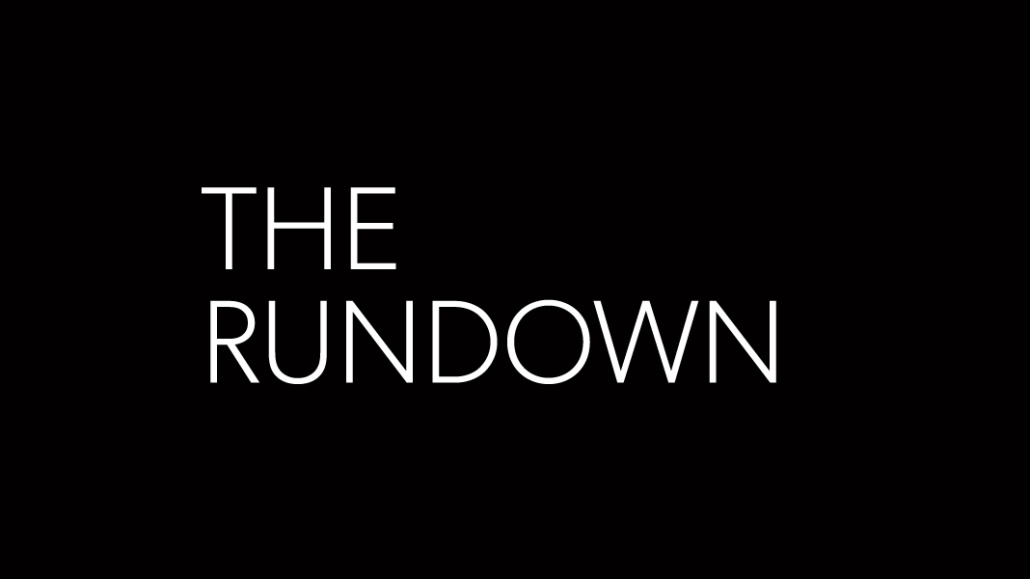Secure your place at the Digiday Media Buying Summit in Nashville, March 2-4

Last week, Facebook and YouTube took action against Infowars, taking down four of its videos for hate speech and violence. Facebook also banned the site’s founder and chief rabble-rouser Alex Jones for 30 days. Both platforms have been under growing pressure to curb violent and controversial content, and while Jones always seems to win the Whack-a-Mole game, it looked like the platforms were really starting to take the problem seriously.
But the major platforms aren’t the only ways conspiracy peddlers sites find audiences and monetization to fuel their cause. The digital ecosystem is full of other, lesser-known companies that enable — and profit from — such content.
Most content sites make money selling ads, and as advertisers and major ad platforms such as Google cut off monetization to some questionable sites, those sites are increasingly relying on content recommendation systems. Taboola widgets until recently were found on Infowars’ site (though Taboola yanked them off in February after it was alerted to their presence). Another widget, Revcontent, remains on Infowars.
As even those second and third-tier content marketing vendors get choosier about where their widgets show up, fringe sites have insulated themselves from advertising by, among other things, moving to commerce.
Infowars and Breitbart — another dealer in far-right conspiracy theories — have online stores that help keep them in business with sales of coffee mugs and supplements. They plug into the same big commerce companies that are used by the likes of many legit publishers, such as Shopify and WooCommerce.
Search on Google for Qanon and you’ll find T-shirt and other merch for followers of the fringe conspiracy theory movement on Amazon and other commerce sites like Etsy and TeeBubble.
Even fringe publishers have joined the pivot to video and voice, and they’ve found another enabler in Amazon, which has been found to sell videos through its Prime service that promote conspiracy theories. Infowars podcasts were also spotted being hosted on Spotify and Apple’s iTunes.
Then there are the app stores. Apple’s app stores carried QDrops, a 99-cent app that provides updates about the Qanon movement, until recently. It’s still available on Google Play, though.
Marc Goldberg, CEO of anti-ad fraud vendor Trust Metrics, described a hierarchy of monetization mechanisms that extremist and conspiracy theory peddlers can avail themselves of.
“When you find your revenues decreasing or get kicked out of one ecosystem, you simply go to another available network,” he said. “Some of these networks have lower onboarding standards but will kick out hate sites once that are brought to their attention. Sometimes when they’re kicked out of display ad networks, they use the ad space with content marketing partners. Hate sites are able to jump from one to another as this space is less monitored by the brand advertiser.”
Facebook may get the brunt of the criticism because of its sheer size and users’ expectations; no one wants to see racist ads on the same place where they share their baby pictures, after all. Twitter, Reddit and Amazon aren’t held to the same expectations. But maybe they should be. After all, commerce tech companies are making money on disseminating an “extremely dubious and increasingly dangerous phenomenon,” said David Carroll, an ad tech expert who teaches at Parsons School of Design.
Maybe it’s time for the naming and shaming to go a level deeper.
More in Media

WTF is a creator capital market?
What is a creator capital market, what does it mean for creators looking to diversify revenue, and why is it so closely tied to crypto?

Media Briefing: Publishers explore selling AI visibility know-how to brands
Publishers are seeing an opportunity to sell their AI citation playbooks as a product to brand clients, to monetize their GEO insights.

Creators eye Snapchat as a reliable income alternative to TikTok and YouTube
Figuring out the Snapchat formula has been very lucrative for creators looking for more consistent revenue on a less-saturated platform.





